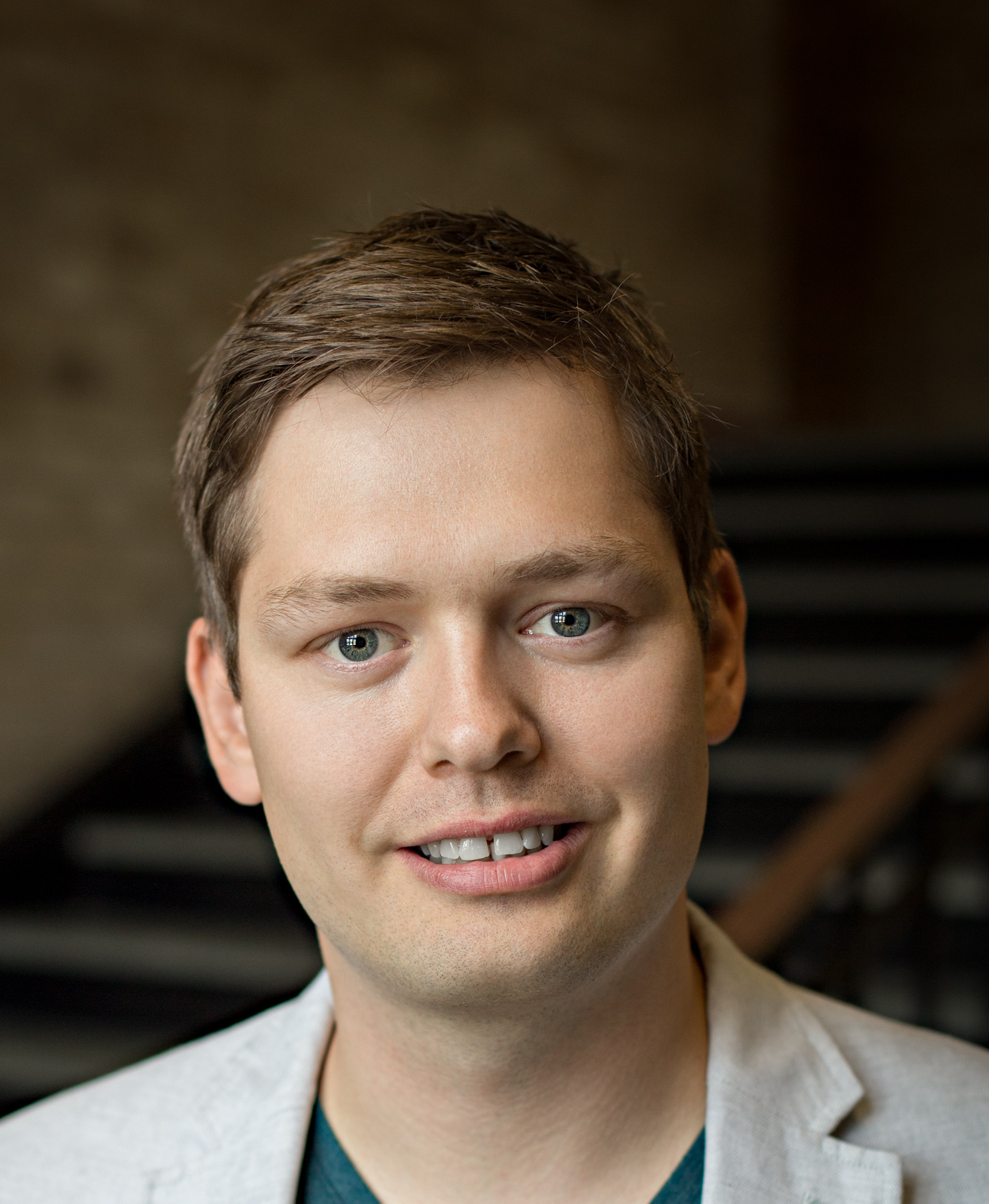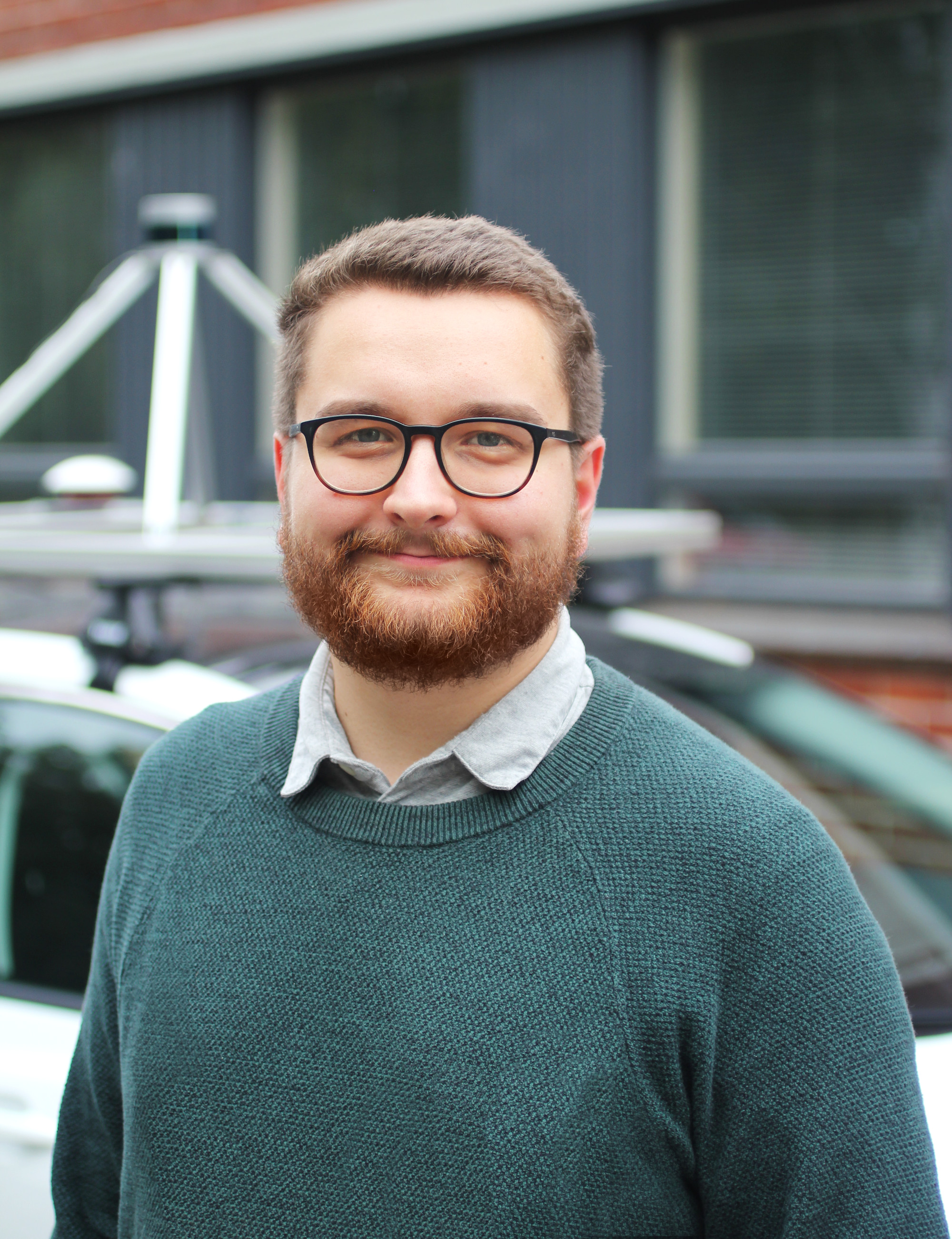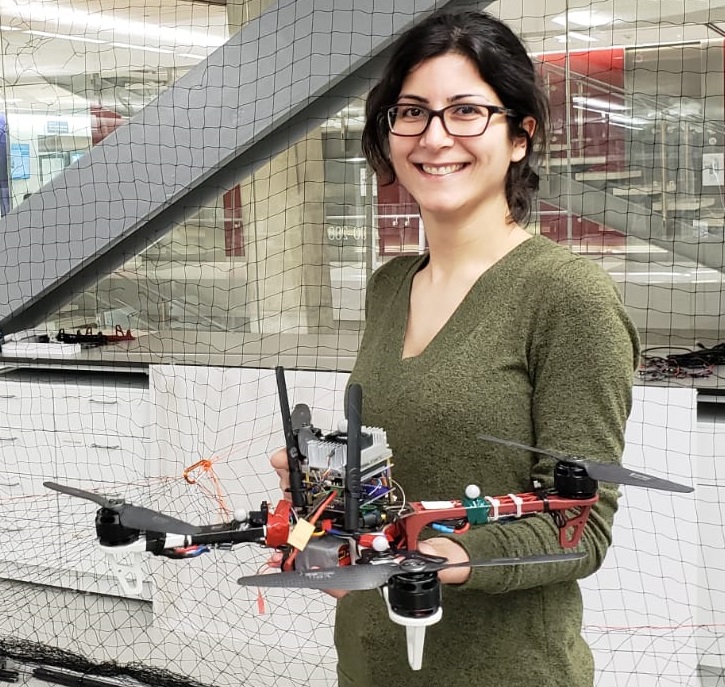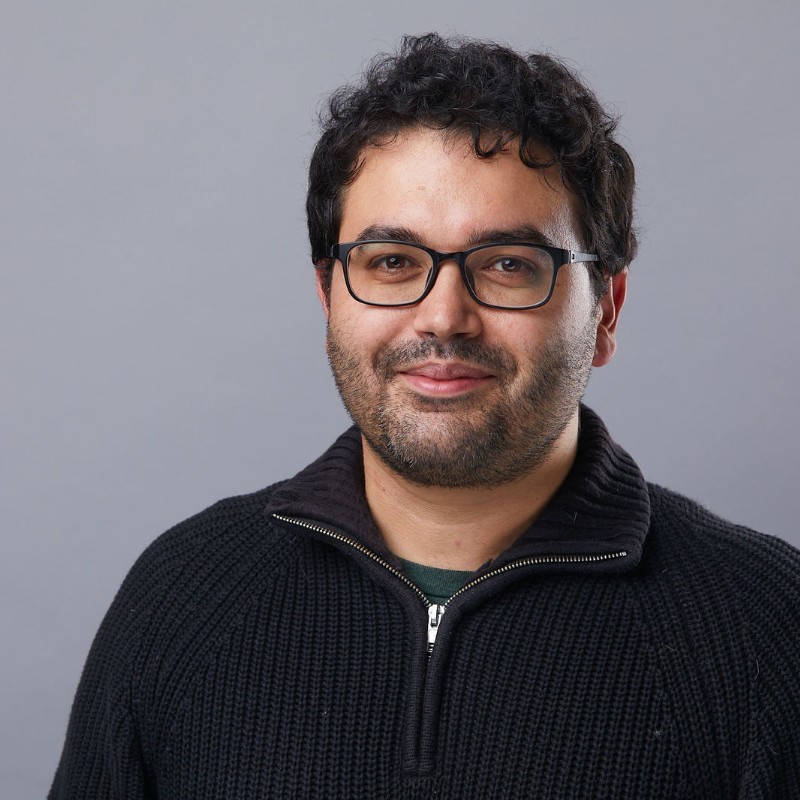Keynote Speakers

Dr. Mac Schwager
Dr. Schwager is an Associate Professor of Aeronautics and Astronautics at Stanford University, with a courtesy appointment in Computer Science. He directs the Multi-robot Systems Lab (MSL) where he studies robot autonomy. He is interested in learning-based autonomy for UAVs, manipulators, and robotic vehicles, 3D mapping and SLAM, analytical and statistical tools for verifiable safety in learning-based autonomy, and collaborative intelligence in groups of robots and human-robot teams. He obtained his BS degree from Stanford, his MS and PhD degrees from MIT, and he was a postdoctoral researcher at the University of Pennsylvania and MIT. He received the NSF CAREER award in 2014, the DARPA YFA in 2018, and has received numerous best paper awards including the IEEE Transactions on Robotics Best Paper Award (2016), Best Paper Award in Robot Manipulation (ICRA 2018), and Best Paper Award in Multi-Robot Systems (ICRA).

Dr. Ian Stavness
Dr. Stavness is a Professor and the Head of the Department of Computer Science at the University of Saskatchewan. He holds a Research Chair at the Global Institute for Food Security and is the Director of the CREATE in Computational Agriculture training program. He obtained his PhD from the University of British Columbia and was a Postdoctoral Fellow in Bio-Engineering at Stanford University prior to joining the University of Saskatchewan in 2012. His research focuses on machine learning, computer vision, and computer graphics with applications in biology, agriculture, and medicine.
Symposium Speakers

Dr. Risto Ojala
Risto Ojala, DSc (Tech) is an Assistant Professor at Aalto University, Finland, where he leads the Autonomy & Mobility Laboratory within the Mechatronics research group. His research focuses on intelligent vehicles and mobile robotics, with particular emphasis on perception, sensor fusion, and applied machine learning for autonomous systems. He is also currently a Visiting Scholar at Simon Fraser University, Canada, collaborating with the Multi-Agent Robotic Systems Laboratory on research in semantic understanding for mobile robotics. His work develops perception solutions that enable robust autonomous operation in challenging environments. A central application of his research is automated driving in winter conditions, addressing problems such as road understanding, situational awareness, and perception reliability. He has published extensively in leading robotics and intelligent transportation venues and collaborates closely with both academic and industrial partners.

Dr. Mahdis Bisheban
Dr. Mahdis Bisheban is an Assistant Professor in the Department of Mechanical and Manufacturing Engineering at the University of Calgary and the Founder and Director of the Intelligent Dynamics and Control Lab (IDCL). She earned her Ph.D. in Mechanical and Aerospace Engineering from The George Washington University and completed postdoctoral research at Queen’s University. At IDCL, her research focuses on the intersection of advanced robotics for aerospace applications, machine learning, and intelligent control systems, with an emphasis on developing autonomous aerial and ground robots that can think, adapt, and collaborate. Beyond research, Dr. Bisheban is actively engaged in the professional community as the AIAA V/STOL Technical Committee Education Chair, an Associate Editor for the Transactions of the Canadian Society for Mechanical Engineering, and a member of the Canadian Society for Mechanical Engineering Mechatronics, Robotics, and Controls Technical Committee. She is committed to training the next generation of engineers and researchers, mentoring postdoctoral fellows, graduate and undergraduate students, and hosting high school students each summer. IDCL is distinguished by its collaborative, multi-level mentoring culture, where learners at all stages teach, learn, and contribute meaningfully to research.

Dr. Yani Ioannou
Yani Ioannou is an Assistant Professor and Schulich Research Chair in the Department of Electrical and Software Engineering of the Schulich School of Engineering, at the University of Calgary in Canada, Alberta. Yani was previously a Visiting Researcher at Google Brain Toronto (DeepMind) with Dr. Geoffrey Hinton, and a Post-doctoral Fellow at the Vector Institute with Dr. Graham Taylor. Yani completed his PhD at the University of Cambridge in 2018 supported by a Microsoft Research Ph.D. Scholarship, where he was supervised by Dr. Roberto Cipolla and Dr. Antonio Criminisi.